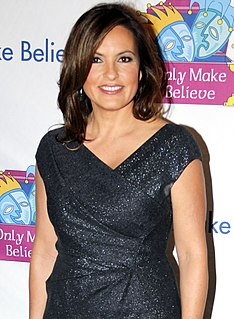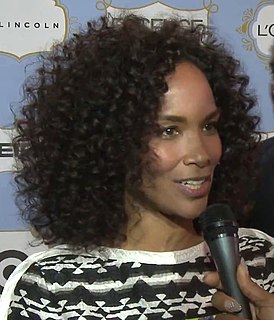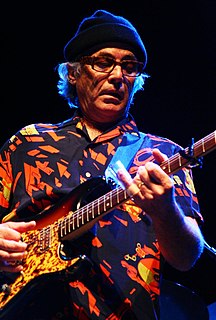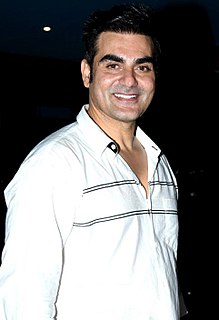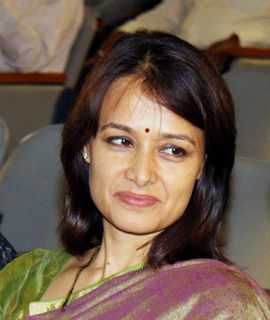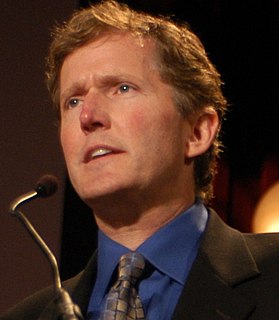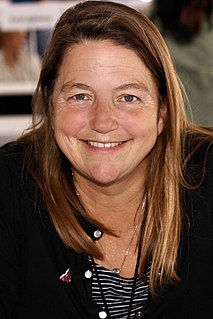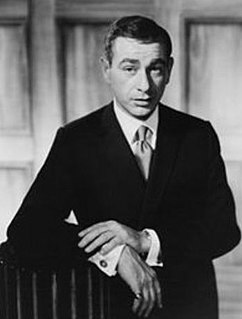A Quote by Samuel Ervin Beam
Related Quotes
I don't think you could teach someone to be a genius, but you can certainly teach them to not make rookie mistakes and to look at writing the way a writer looks at writing, and not just the way a reader looks at writing. There are a lot of techniques and skills that can be taught that will be helpful to anybody, no matter how gifted they are, and I think writing programs can be very good for people.
Enlightened teachers get all sorts of assignments. Sometimes we end up in the higher astral; sometimes we end up in the realm of pure spirit; sometimes we end up in the desire realms. Sometimes we go down to the lower astral to teach, you don't really teach there, you just sort of are, because everybody is confused.
The ideal time for writing a [television] script is four days, though sometimes it has to be two or three days depending on the deadline. If it's two days, sometimes there are things I see that don't work as well. If I have two weeks, the scripts get kind of flabby and lack the adrenaline that a sense of deadline fills you with.

